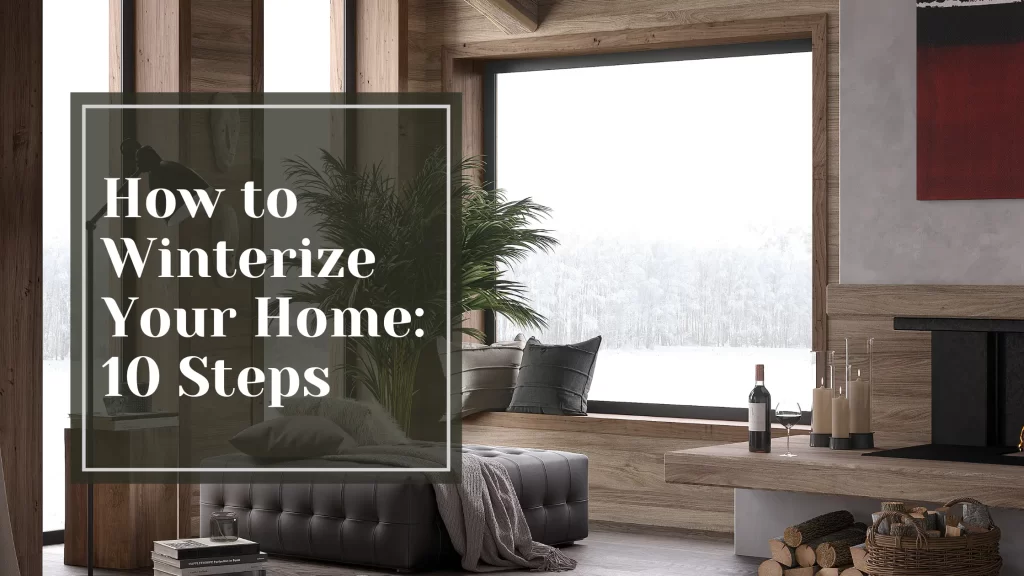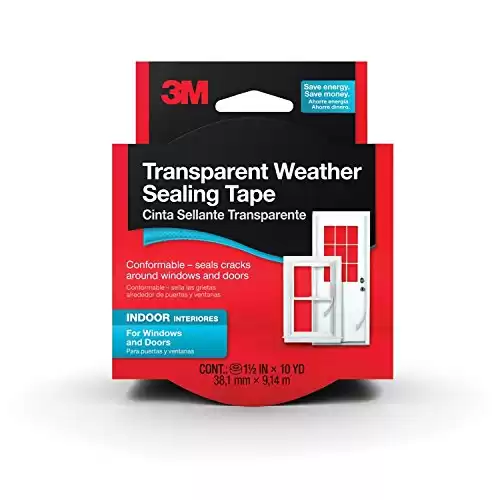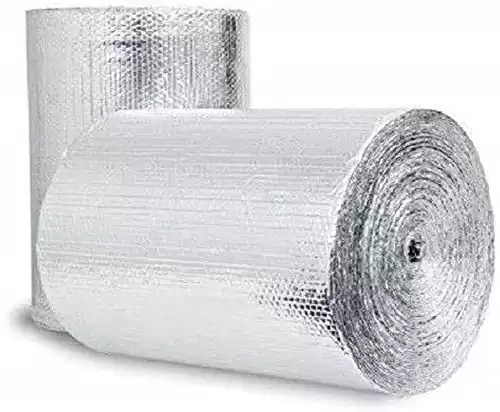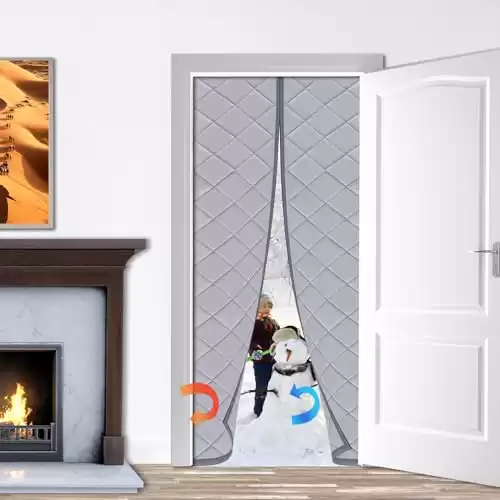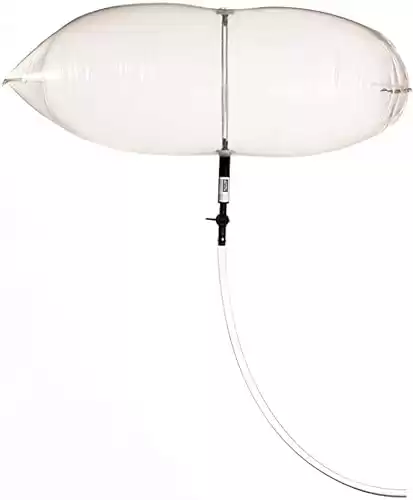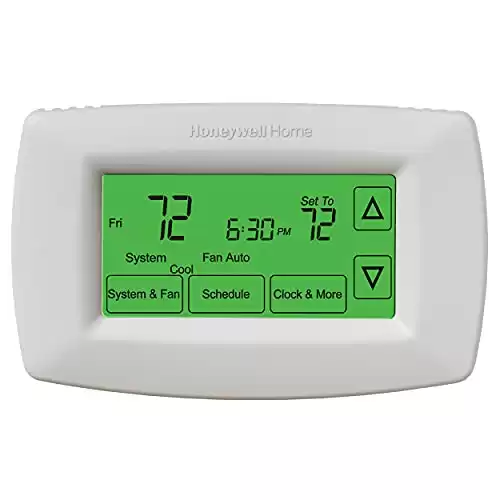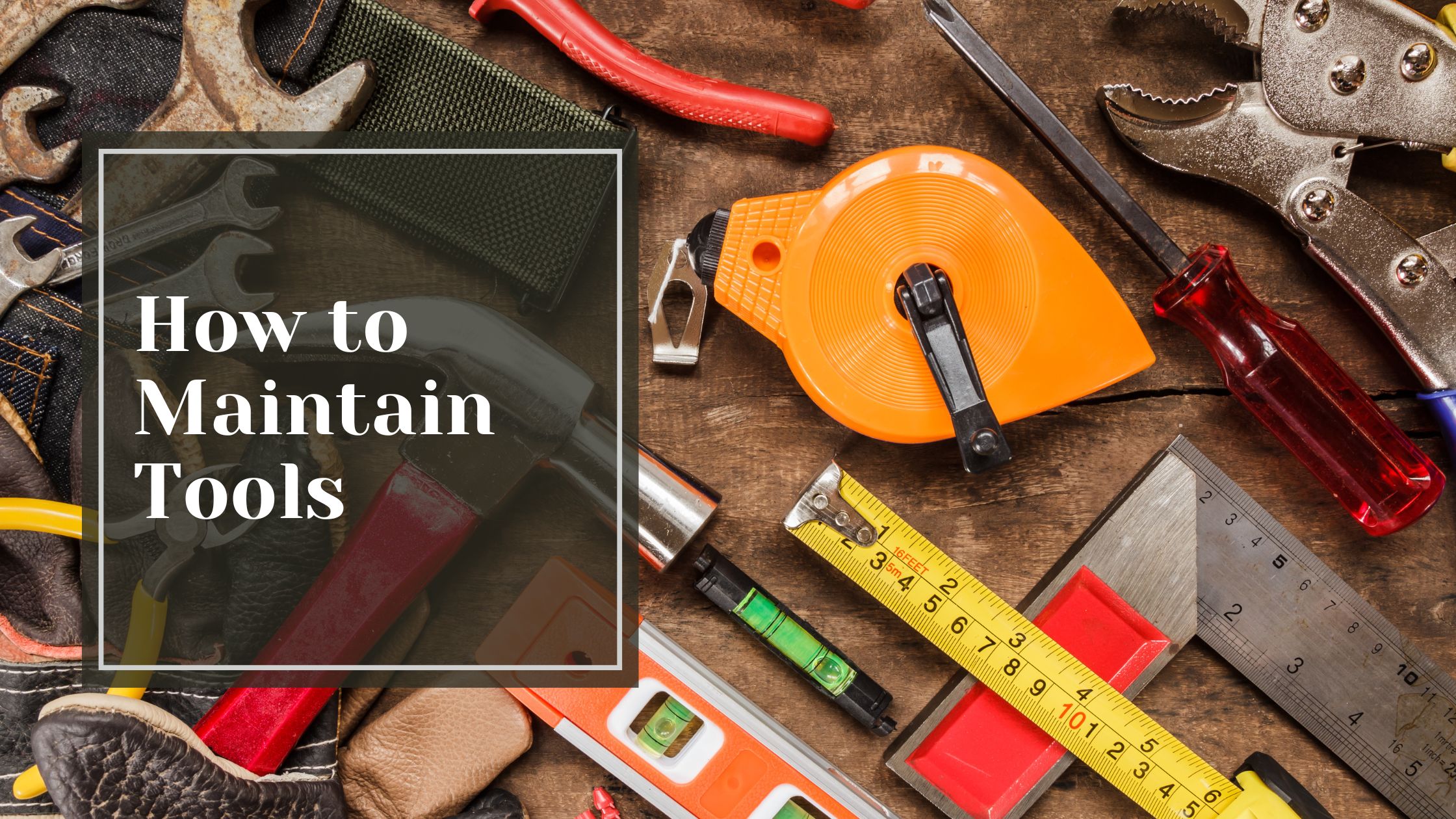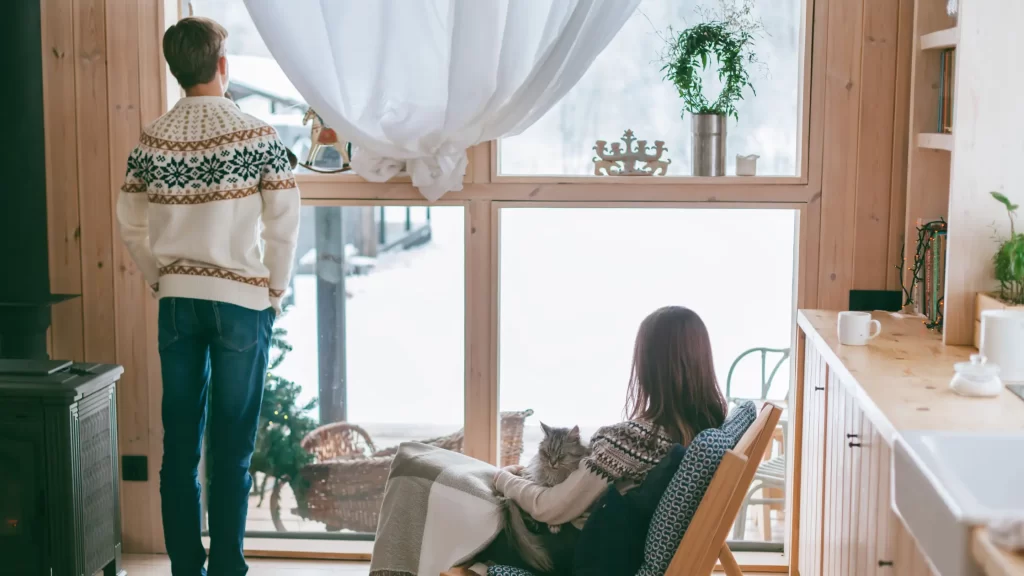
With the winter weather fast approaching, it’s time to prepare for the chill. Ensuring your house is well-insulated keeps you warm and comfy and lowers your energy bills, a major win-win. Explore role-specific tips for an enhanced winter experience.Here’s the most important tips and tactics provided by top energy-saving professionals to make sure you stay cozy this season
Table of Contents
ToggleStep 1: Seal Those Gaps
The first step in effective insulation is to identify and seal any gaps and cracks in your home’s structure. Focus on areas around windows, doors, and where pipes and cables enter your home. Use caulk or weatherstripping to close these gaps and prevent cold drafts.
Enhance winter insulation with 3M Interior Transparent Weather Sealing Tape. Seal gaps efficiently and stay cozy. This 1.5-inch by 10-yard (2 Pack) tape is your key to a well-insulated, energy-efficient home.
Step 2: Invest in Quality Windows
If your windows are old and drafty, it might be time to invest in energy-efficient replacements. Double- or triple-pane windows with low-emissivity coatings can significantly reduce heat loss and enhance insulation.
Step 3: Add Attic Insulation
Proper attic insulation is crucial to maintain a comfortable indoor temperature. Consider adding more insulation to your attic, ensuring it meets the recommended R-value for your region. This investment pays off in reduced heating costs.
Enhance your home's energy efficiency with the Reflective Foil Insulation Poly-Air Foam Radiant Barrier. Perfect for attics, this weatherproof insulation is designed to block heat, providing an effective barrier against winter weather. With an R8 rating and fire-resistant properties, it's suitable for various applications, including windows, garages, RVs, and ducts. Invest in a product that adds insulation and helps maintain a comfortable indoor temperature year-round.
Step 4: Upgrade to Insulated Doors
Exterior doors should be well-insulated to prevent heat from escaping and cold air from entering. Look for doors with a solid core and weatherstripping. A storm door can also provide an extra layer of protection.
Upgrade your home's insulation with the TTZ Magnetic Thermal Insulated Door Curtain. Featuring upgraded materials for soundproofing and coldproofing, this grey door blanket fits door sizes 32" x 80". Enhance your space with this efficient and stylish solution.
Step 5: Use Heavy Curtains
Thermal curtains or drapes are not only functional but also stylish. Install them on your windows to reduce heat transfer. They’ll trap warm air inside and keep cold drafts out, making your home feel cozier.
Ready Made: 2 panels per package. Each Classic Lined Curtain measures 52" wide x 84" long (Total width is 104"). The unique design of the silver grommet (1.6 inch inner diameter) creates casual elegance for your house, which makes the curtains easy to install and slide.
Step 6: Check the Fireplace
If you have a fireplace, make sure the flue is tightly closed when not in use. Consider installing a chimney balloon to prevent heat from escaping through the chimney.
Seal off drafts effectively with the Chimney Balloon® 15"x15" Inflatable Fireplace Draft Blocker. This chimney pillow offers a convenient and efficient solution to prevent heat from escaping your fireplace when not in use. Easy to inflate and install, it ensures your home stays warm and energy-efficient. Upgrade your fireplace with this practical draft blocker and enjoy a cozier living space.
Step 7: Weatherstrip the Garage
Don’t forget about your garage! Seal gaps around the garage door and windows to keep cold air out. This will also help maintain a more consistent temperature in any rooms above the garage.
Upgrade your garage with the Weather Defender Original Ultimate Garage Door Threshold Floor Seal. This 10'6" seal is designed to prevent drafts, dust, and pests, providing an effective barrier against the elements. Easy to install, it ensures your garage remains weatherproof, making it an essential addition for maintaining a consistent temperature in your space. Elevate your garage's insulation with this durable and reliable threshold floor seal.
Step 8: Insulate Your Pipes
Frozen pipes can be a nightmare during winter. Insulate exposed pipes in unheated areas like basements and crawlspaces to prevent them from freezing and potentially bursting.
Protect your pipes from freezing temperatures with the Weather Stripping Pipe/Tube Insulation. Available for various pipe sizes, this elastomeric foam tubing provides reliable heat preservation and is designed for easy installation. With thickness options of 0.35, 0.6, and 0.79 inches, ensure your pipes are well-insulated to prevent winter-related issues. Upgrade your home's insulation with this effective and durable pipe insulation solution.
Step 9: Adjust the Thermostat
Optimize your thermostat settings for energy savings. Lower the temperature when you’re away or asleep, and use a programmable thermostat to ensure a comfortable temperature when you’re home.
Optimize your home's energy usage with the Honeywell Home RTH7600D 7-Day Programmable Touchscreen Thermostat. This user-friendly thermostat allows you to customize temperatures for different times of the day, ensuring comfort and energy savings. With a convenient touchscreen interface, programming is a breeze. Upgrade your thermostat to enjoy a warm and efficient home while reducing energy costs.
Step 10: Schedule a Professional Inspection
Consider hiring a professional home energy auditor to assess your home’s insulation needs. They can pinpoint specific areas for improvement and recommend cost-effective solutions.
Elevate your winterization strategy with the Sense Energy Monitor. Track electricity usage in real time, meeting safety standards. Gain insights to optimize efficiency and save on costs. A smart addition for a winter-ready, energy-efficient home.
How to Winterize Your Home: Efficient Home Insulation

Efficient home insulation is a practical and cost-effective way to stay warm and reduce your energy expenses during the colder seasons. Energy conservation not only creates a cozier living space, but is a sustainable practice that also helps increase your wallet. Get winter ready by implementing these simple steps and enjoy a warm and comfortable season!
Frequently Asked Questions
Why is it Essential to Seal Gaps and Cracks in My Home During Winter?
Sealing gaps and cracks is crucial because it prevents cold drafts from entering your home. Proper insulation helps maintain a comfortable indoor temperature, reduces heating costs, and ensures a cozy living space.
How do Energy-Efficient Windows Contribute to Winterization?
Energy-efficient windows, such as double- or triple-pane ones with low-emissivity coatings, play a key role in reducing heat loss. They enhance insulation, keeping your home warmer and more energy-efficient during the colder seasons.
What’s the Significance of Attic Insulation in Winterizing My Home?
Proper attic insulation is essential for maintaining a comfortable indoor temperature. Adding insulation with the recommended R-value for your region helps prevent heat loss, reduces heating costs, and contributes to an overall energy-efficient home.
Why Upgrade to Insulated Doors for Winterization?
Upgrading to insulated doors is important to prevent heat from escaping and cold air from entering. Doors with a solid core and weatherstripping, along with storm doors, provide an extra layer of protection, contributing to a well-insulated and energy-efficient home.

